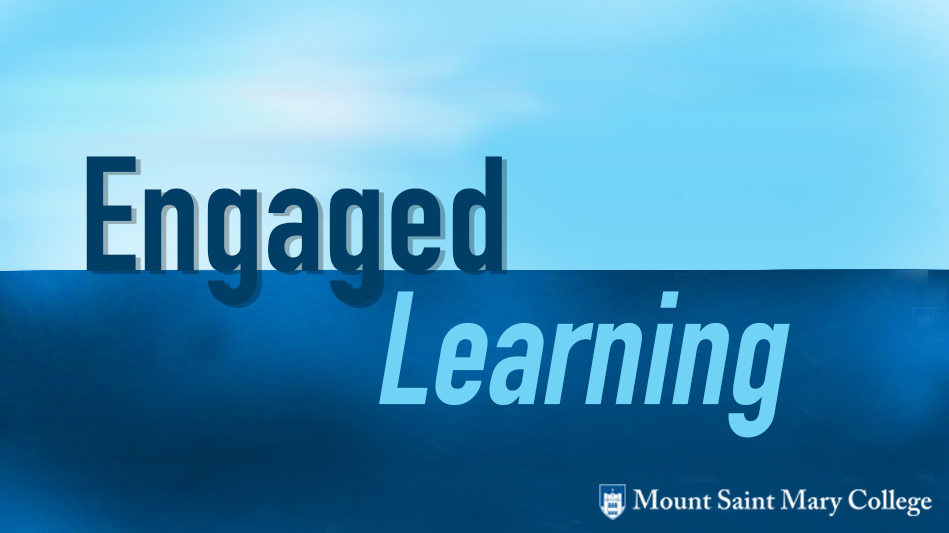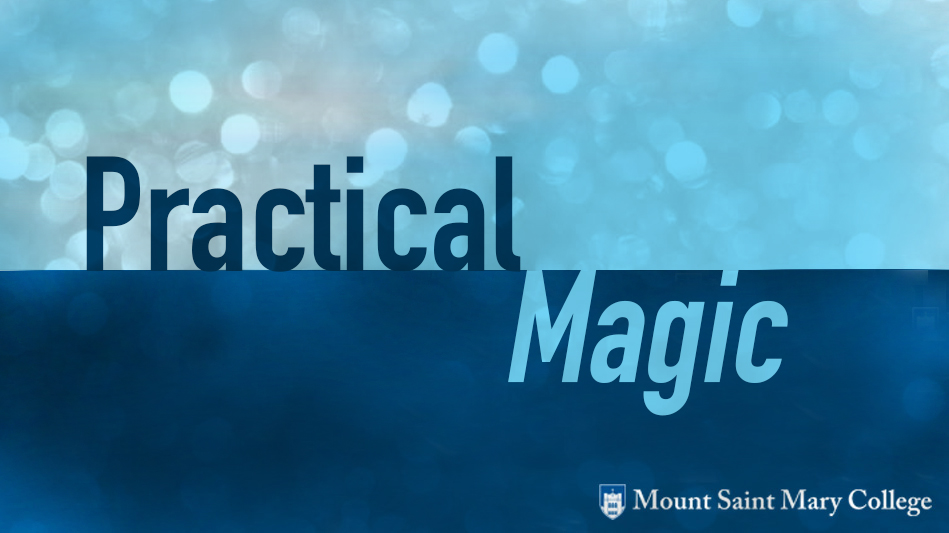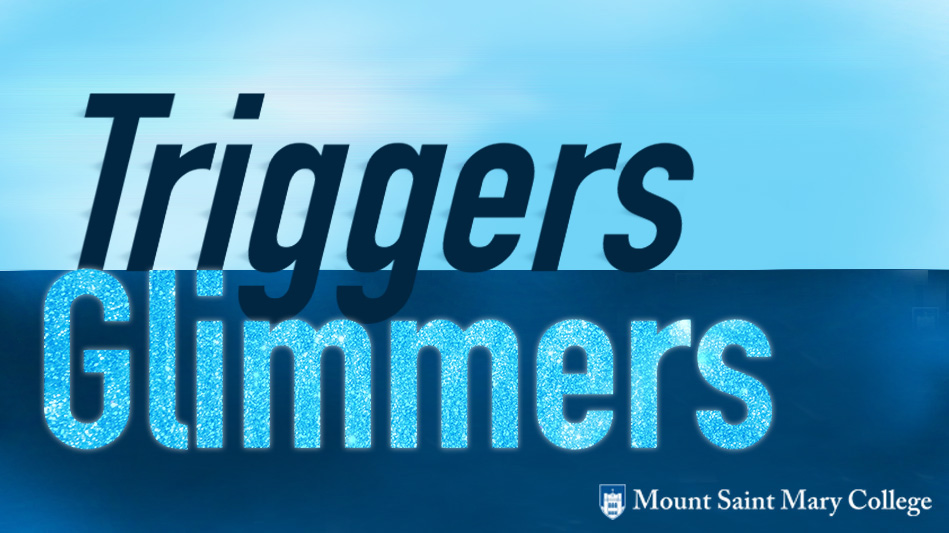John Draeger, SUNY Buffalo State
As Lauren and Aaron have recently noted, Improve with Metacognition (IwM) is now three years old. The site has become a space for collaboration and conversation around a range of issues loosely coming  under the heading of ‘metacognition.’ My thinking about the nature of metacognition has shifted since we launched the site. I began thinking about thinking and reflecting on reflecting, but because of conversations on the site, I have come to use the term ‘metacognition’ to refer to awareness of a process (self-monitoring) and the use of that awareness to make changes in behavior (self-regulation). I’d like to take a moment to reflect on how IwM has helped me improve in three areas of my life with greater self-monitoring and self-regulation.
under the heading of ‘metacognition.’ My thinking about the nature of metacognition has shifted since we launched the site. I began thinking about thinking and reflecting on reflecting, but because of conversations on the site, I have come to use the term ‘metacognition’ to refer to awareness of a process (self-monitoring) and the use of that awareness to make changes in behavior (self-regulation). I’d like to take a moment to reflect on how IwM has helped me improve in three areas of my life with greater self-monitoring and self-regulation.
First, I like to think that I’ve always been the sort of teacher that encourages his students to think about their thinking. I confess, however, that my involvement with IwM has made me aware of my shortcomings with respect to developing my students’ metacognition. While I had been pretty good at nudging students to think carefully about content, I had also consistently missed opportunities to invite students to explicitly reflect on the efficacy of these strategies. For example, I took time in class to help students learn to annotate their reading, but I did not often teach them how to monitor whether these strategies were working and find alternatives when they did not. My efforts to adapt my Just-in-Time teaching strategies to be more metacognitive (Draeger, 2014, 2015, 2016) represent one of my attempts to make meaningful adjustments based on a growing awareness of my teaching practice.
Second, I am an everyday writer. I am up early most mornings working on one project or another. From that point of view, writing a blog post of 500-1000 words should have been a piece of cake. As I started blogging, however, I quickly became aware of the need to think about audience, style, and accessibility in ways that I had not thought about these considerations before. I have learned some lessons in the last three years and I am still making adjustments as I work to find “blog-sized” topics and refine my “blog voice.” I have grown as a writer because blogging for IwM has forced me to think more carefully about my craft. Further, I have found joy in writing in this short format. Much like taking a day trip to recharge your batteries, my excursions into the blogging space take me off my normal beat and path in ways that rejuvenate my other scholarly endeavors and bring fresh perspective.
Third, I had not initially thought through the role of blog space editor prior to IwM, but I’ve been delighted by regular interactions with metacognitive bloggers from around the United States (and indeed the world). Lauren, Aaron, and I regularly offer feedback to site contributors. I enjoy the opportunity to kick around ideas each week. This is, in part, because I am a nerd and relish indulging in new ideas. It is, in part, because I enjoy the writing process and this role gives me a front row seat as I watch scholars mold their ideas. It is, in part, because I enjoy the back and forth of intellectual banter. And it is, in part, because I like knowing that I am part of a growing community of metacognitive scholars. I find that my work with the IwM community crops up in all sorts of places and informs my interactions with others, both professionally and personally.
As I reflect on the last three years, I believe there will always be room for me to grow as a teacher, writer, and scholar. But I want to thank the IwM community for prompting me to think more carefully about these areas of my life. Improved awareness has led me to make subtle changes and these changes have led to improved performance. As we move into our fourth year together as an IwM community, I am coming to trust that I can keep calm, carry on, and improve with metacognition.
References
Draeger, J. (2014). “Just-in-Time for Metacognition.” Retrieved from https://www.improvewithmetacognition.com/just-in-time-for-metacognition.
Draeger, J. (2015). “Using Just-in-Time assignments to promote metacognition.” Retrieved from https://www.improvewithmetacognition.com/using-just-in-time-assignments-to-promote-metacognition.
Draeger, J. (2016). “Fine-tuning Just-in-Time assignments to encourage metacognition.” Retrieved from https://www.improvewithmetacognition.com/fine-tuning-just-time-assignments-encourage-metacognition/




